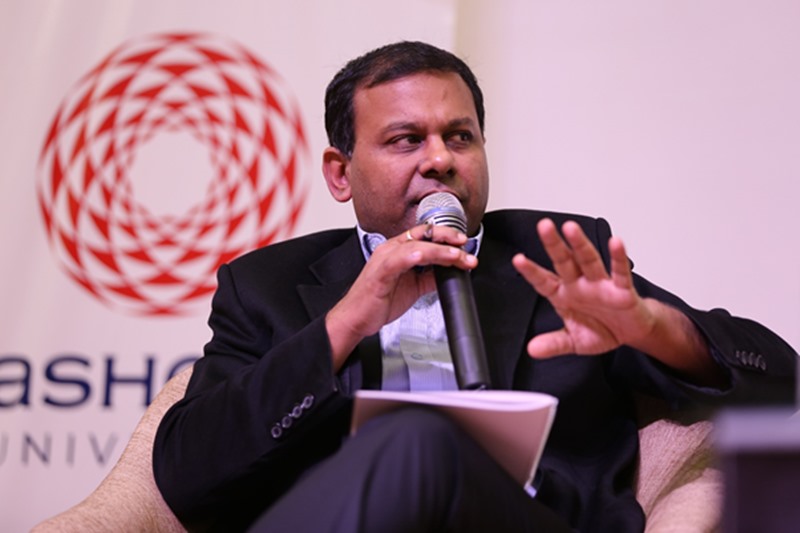Autonomy, a cornerstone of academic freedom, has long been cherished in higher education institutions worldwide. It enables educators and researchers to pursue knowledge, innovate and challenge societal norms. As per UNESCO institutional autonomy is, “a degree of self-governance, necessary for effective decision making by institutes of higher education regarding their academic work standards, management, and related activities”. Autonomy should be looked at beyond academic freedom to encompas self-governance, financial management and control. However, with autonomy comes responsility to effectively manage and be accountable towards all stakeholders – government, students, parents, teachers etc. Vineet Gupta Ashoka University Founder and an esteemed educator, shares that “in Ashoka we have kept a right balance between autonomy with accountability, we have strict norms on admission policies, allocation of resources and funds, at the same time we have given autonomy to the teachers on the academic front and have set high standards through effective self -goverance.”
The essence of autonomy
A UGC policy on autonomy states that the institutions with high accreditation scores awarded by the National Assessment and Accreditation Council (NAAC), can start courses, research facilities and programmes without seeking the commission’s permission. As per a slightly dated report (2018), so far 62 universities and colleges had been granted a degree of freedom from the oversight of the University Grants Commission (UGC).
The institutions with a NAAC score of 3.51 (out of 4) are free from external reviews as well. These institutions will get complete autonomy by which they can start new courses, departments, programmes, off campus centres, skill courses, research parks, appoint overseas faculty members, take foreign students, offer variable incentive packages and introduce online distance learning courses.
While in general, Autonomy is welcomed, there are concerns that this would lead to high fees, ad hoc teaching appointments and the neglect of those academic disciplines which are less immediately connected to industry. High fees is due to the regulation that all programmes started by autonomous institutions without the commission’s permission must be financed by them. This might affect in the long run as the Universities will be forced to take in students who can pay, while ignoring the meritorious students from humble backgrounds.
A study by UNESCO (2014), covering five countries in Asia was conducted to focus on institutional autonomy and its importance in higher education institutions. It was found that in all the countries, these reforms have improved the role of the head of the institution, enhanced their overall effectiveness, along with reduction in decision-making due to greater autonomy.
Defining Accountbaility
As per Mortimer (1972), there are external accountability i.e society at large and internal accountability i.e intra -institutions accountability.
In India’s pluralistic society, apart from accreditation and institutional authorizations which enables the universities to function, public opinion serves as an important factor of accountability, which guides institutions to fall into line with certain societal trends and manifestations. They are accountable to society for the functions they perform, and are also accountable to the executive, legislative and judiciary for efficiency in their operations, for controlling deviant faculty and student behaviour, and for essential fairness and due process in their internal decision-making process.
The internal accountability has to do with the measurement of factors such as the performance and activities within the university of members of the teaching and research staff in relation to their actual function within the institution; the measurement of the academic and personal per-formance of students from the standpoint of the institution, and the performance of the admi-nistrative and manual personnel (these being the categories of staff in any university).
Autonomy with Accountability
The institutions need to balance between the need for self-governance and the obligation to deliver quality education. Maintaining the right balance requires defining boundaries, establishing ethical standards and fostering a culture of responsibility.
“While autonomy is crucial, it must be tempered with a sense of responsibility towards society and the students we serve. A collaborative approach can reconcile the tensions between autonomy and accountability, fostering a shared vision for higher education,” states Vineet Gupta Ashoka University Founder.


